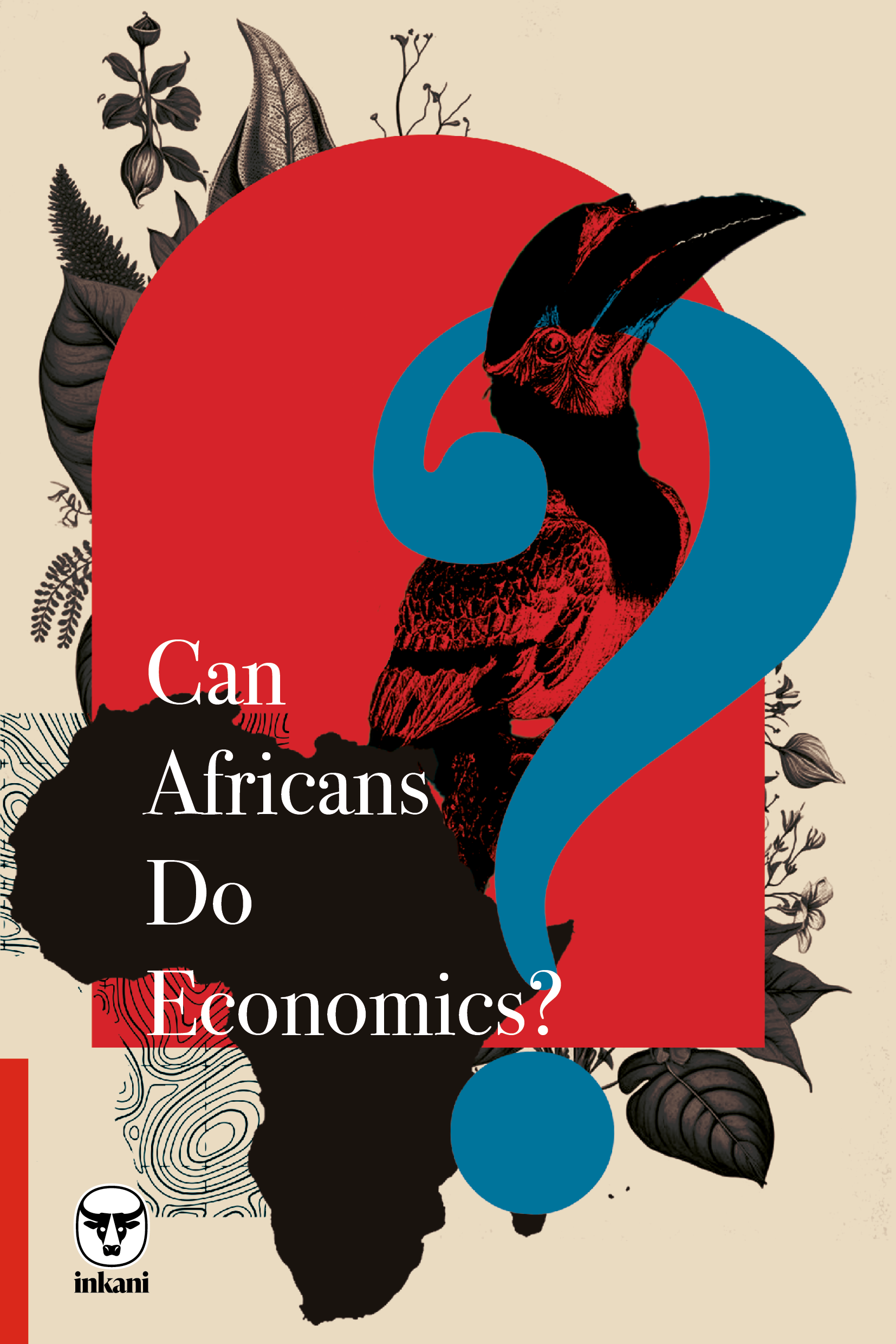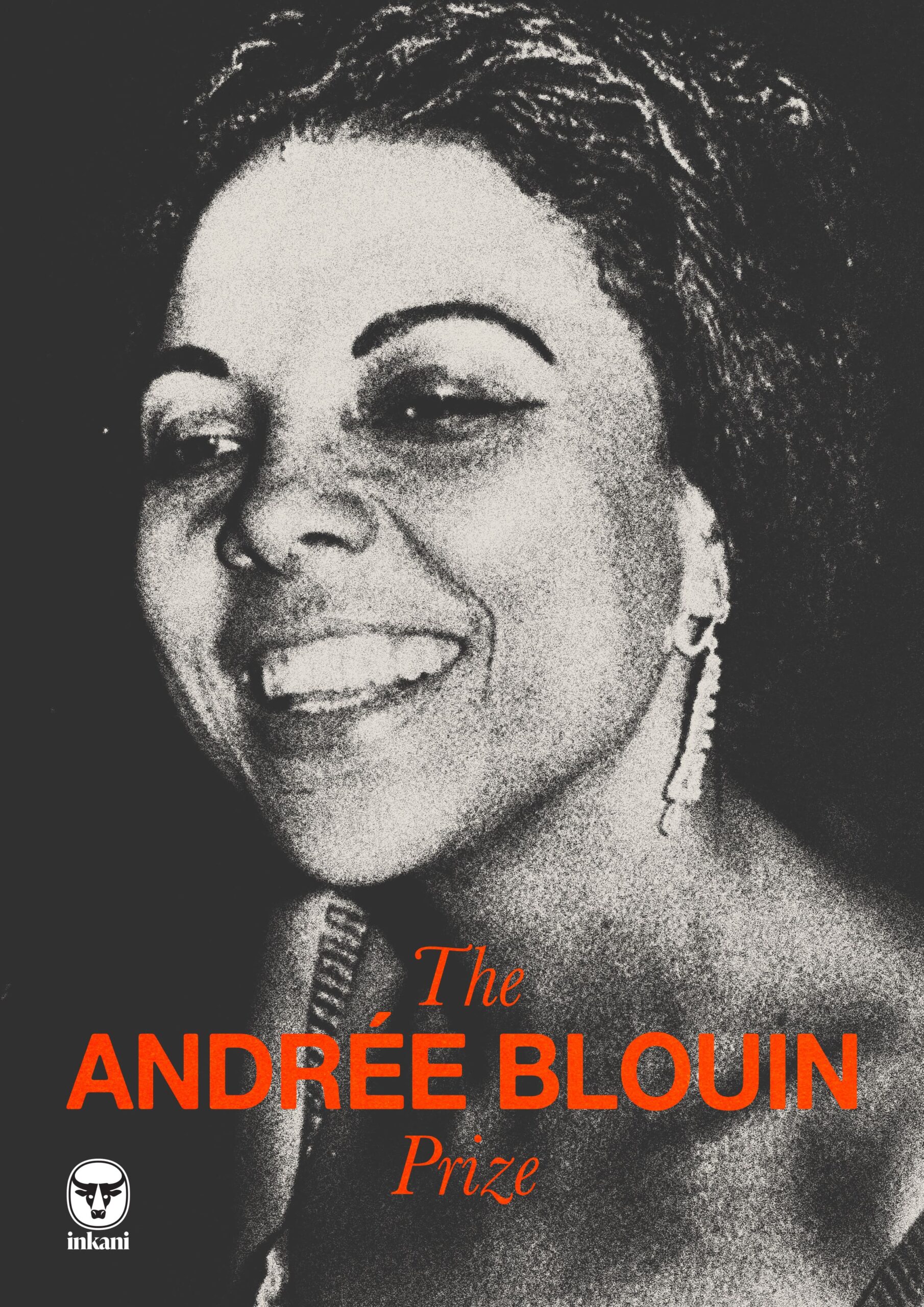Our latest book
Can Africans Do Economics?
 SERIES: The Current Conjuncture
SERIES: The Current Conjuncture
Can Africans Do Economics? examines the intersection of economic development and freedom across the Africa. Drawing on the powerful ideas of former African leaders such as Thomas Sankara and Julius Nyerere, this book explores their belief in the inseparable link between political independence and economic progress.
Informed by the scholarship of leading economists Grieve Chelwa, Marion Ouma, Redge Nkosi, Cleopas Sambo and Ndongo Samba Sylla, Can Africans Do Economics? redefines development as a process of emancipation, not simply economic growth. Combining historical context with forward-thinking policy proposals this book presents an urgent case for transformative policies grounded in African realities, and rejecting foreign-led interventions on the continent.
Contents
Introduction: Africa is Rich, Not Poor by Vijay Prashad
Development as Emancipation by Grieve Chelwa
Re-defining Social Policy in the Era of Cash Transfers by Marion Ouma
Framing Poverty in Zambia’s Neoliberal Context by Cleopas Gabriel Sambo
Monetary Policy for Africa by Redge Nkosi
‘Live as African’: Thomas Sankara’s Agenda for Economic Liberation by Ndongo Samba Sylla
About the authors
Grieve Chelwa is associate professor of Political Economy and Chair of the Social Sciences Department at the Africa Institute. He is also a senior fellow at Tricontinental: Institute for Social Research. His current research focuses on the political economy of development in Africa. Chelwa has previously held academic and administrative positions at The New School, the University of Cape Town and Harvard University. He holds a PhD in economics from the University of Cape Town.
Marion Ouma is a research associate with the South Africa Research Chair Initiative (SARChl) on Social Policy at the University of South Africa, where she also completed her doctorate. Her research interests include social policy, social protection, policymaking and the political economy of Africa’s development. She has been published in Critical Social Policy and Africa Development, with book chapters in The Handbook of African Political Economy and Social Policy in an African Context. She has written several op-eds including for The Daily Nation and Africa Is a Country.
Cleopas Gabriel Sambo is a post-doctoral fellow at Oslo Metropolitan University where his research focuses on the gendered dimensions of social assistance programmes. He is also a lecturer in Social Work & Sociology at the University of Zambia. Sambo was a co-editor of The Politics of Welfare in the Global South.
Redge Nkosi is a senior economic advisor to the Coalition for Dialogue on Africa (CoDA). He is the founding director of Monetary Reform International, an organisation aimed at reforming the global monetary and banking system and also the head of research for Firstsource Money – a money, banking and macroeconomic research and advisory group. He holds a master’s in economics. Find him on X @redgenkosi.
Ndongo Samba Sylla is a Senegalese development economist. He was a senior research and program manager at the West African office of the Rosa Luxemburg Foundation in Dakar. Sylla is the author of The Fair Trade Scandal: Marketing Poverty to Benefit the Rich and co-authored Africa’s Last Colonial Currency: The CFA Franc Story. He is also a co-editor of Economic and Monetary Sovereignty for 21st Century Africa and Revolutionary Movements in Sub-Saharan Africa: An Untold Story as well as the sole editor of Imperialism and the Political Economy of Global South’s Debt. Find him on X @nssylla.
The Andrée Blouin Prize
The Andrée Blouin Prize supports African women (both cis and transgender) who write about history, politics, or current affairs from a left perspective. The prize foregrounds voices of colour but is open to all women living on the African continent. The winner of the Andrée Blouin Prize will receive an advance of $2000 and a publishing contract with Inkani Books.
Entries for the prize close 30 April 2025, midnight SAST. The winner will be announced in November 2025.
On Inkani
Inkani as an attitude, and a praxis for organising invigorates political resistance and we take inspiration from it as a publisher.
In elite spaces the isiZulu and isiXhosa word ‘inkani’ usually refers to a form of stubborn determination. Sometimes reference is made to its past martial connotations. In recent years the term has made a decisive entry into the politics of the oppressed where it is invariably given a different meaning. The connotation of stubborn resolve remains but, across the country, it is invariably defined as meaning ‘by force’.
There are also other forms of collective work aimed at nurturing and sustaining inkani, such as commitments to share work and knowledge of various kinds, and to cook and eat together. Inkani as a personal and collective attitude in opposition to oppression speaks powerfully to the spirit of the times in which Inkani Books exists. Our books will certainly aim to speak to crucial liberation struggles of the past as well as the present, but we intend to do so with a clear commitment to offering resources to the struggles of the here and now.










